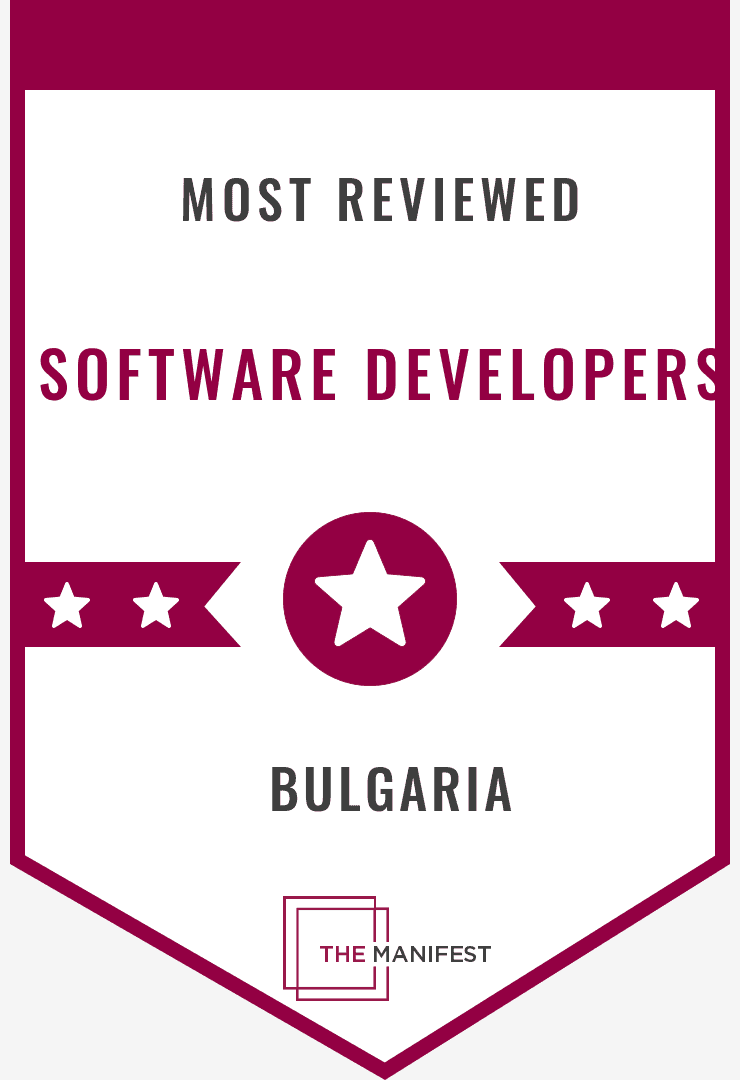Android dominates the mobile OS landscape with about 72.8% global market share as of late 2025, powering nearly 4 billion devices, and projections hold steady at 71-73% through 2026. A big reason? Its open-source roots via the Android Open Source Project (AOSP), launched by Google in 2007 as a Linux-based foundation anyone can tweak. This isn't just tech jargon, it's why custom Android app development companies and custom mobile application development services thrive, turning Android into a customization playground.
Let's dive into how this open approach propelled Android's success and reshaped custom mobile app development, like a communal garage where devs build hot rods instead of cookie-cutter cars.
Open Source: Android's Secret Weapon from Day One
Imagine 2008: iPhones rule with their sleek, locked-down iOS, like a high-end boutique where only VIPs shop. Enter Android: the free-for-all OS built on AOSP, letting manufacturers like Samsung add One UI flair or Google craft pure Pixel experiences. No royalties, full code access under Apache 2.0 license. Custom mobile app development companies jumped in, forking code for specialized apps while iOS devs waited for Apple's nod.
This openness exploded growth: Android hit global lead by 2012 and hasn't looked back. For custom Android app development services, it means no barriers: build once, tweak endlessly for clients in emerging markets like India (95% Android share). Devs love the flexibility: wider UI options, multi-device support, lower costs than iOS's ecosystem tolls.

Building Together: The Dev Community Superpower
AOSP sparked a global jam session. Devs share libraries, bug fixes, and plugins on GitHub or forums, cutting dev time by reusing code for everything from notifications to ML models. Custom mobile app development companies plug into this: faster prototypes, cheaper fixes, polished results.
Take a custom app developers team: Instead of reinventing wheels, they grab open APIs for cloud sync or payments, delivering enterprise-grade apps quicker. Businesses score too: shorter timelines, richer features. It's community-driven evolution: one dev's patch benefits millions, boosting security and UX across the board.

Flexibility That Fits Any Puzzle Piece
Android's magic? Bend-it-like-Beckham customization. Custom mobile application development services morph the OS for niches: healthcare apps with HIPAA encryption via source tweaks, ensuring secure patient data flows. Finance? Layer MFA, blockchain for fraud-proof transactions.
Unlike iOS's one-size-fits-Apple, Android spans screens, from budget phones in Brazil (81% share) to rugged IoT wearables. Example: A custom Android app development company builds a logistics app with real-time GPS, route AI, and warehouse APIs. Retail? Add AR try-ons, loyalty scans. Frameworks like Kotlin shine here, with APIs gluing third-parties seamlessly.
As IoT booms (smart fridges, cars), custom app development services expand: Android Things powers it all, opening doors for tailored enterprise solutions.
Wallet-Friendly Wins for Startups and SMEs
Open source = zero licensing fees. Custom mobile app development companies slash costs 20-30% versus iOS, passing savings to budget-strapped clients. Target low-end devices in Asia/Africa? Your app reaches billions without premium hardware lock-in.
Long-term? Scalable architecture means growth without rebuilds: add users, features, analytics without vendor dependency. Custom mobile application development services maximize ROI: one codebase, global deploy via Google Play, Amazon, or sideloading. Enterprises love direct distribution for internal tools—no public store risks.
Scale Big, Go Everywhere
Android's not picky: Samsung's foldables, Huawei flagships, Google Pixels — apps adapt via responsive design. Custom Android app development services craft one app for diverse hardware, hitting 79% of Q3 2025 smartphone sales.
Beyond phones: Wear OS watches, Android Auto cars, TV boxes. IoT? Custom solutions for factories or homes. A custom app development company might ruggedize logistics apps for field techs, integrating satellite links; impossible on siloed platforms.
Multi-channel distro seals it: Skip App Store gatekeepers; go direct for B2B or niches.

Innovate at Warp Speed
Agile devs rejoice: CI/CD pipelines push updates daily, no iOS review delays. Custom mobile app development services iterate fast for retail flash sales or fintech patches.
Emerging tech? Plug in AI for personalized shopping, ML for predictive maintenance. Open tools let experimentation thrive, keeping clients ahead.
Enterprise Fortress: Secure and Compliant
Security skeptics? Android Enterprise adds managed profiles, zero-touch enrollment for HIPAA/GDPR. Custom app developers embed encryption, secure boot, tailored for healthcare records or bank vaults.
Real case: mHealth apps analyzed via source code checks HIPAA safeguards, blocking leaks pre-launch. Finance apps? Blockchain + biometrics. Open source empowers this precision.
Why Open Source Still Rules
AOSP democratizes mobile: view code, mod, share. Custom mobile app development companies respond to trends, like 2026's AI surge, faster than closed rivals. Community resources accelerate: pre-built modules for AR/VR or edge computing.
In a 3.9B-user world, Android's open model fosters tailored, efficient apps. Custom Android app development services deliver branded, scalable wins: driving productivity, insights, security. As 2026 shipments hit $579B despite dips, Android's flexibility cements dominance.
Relevant Articles:













































